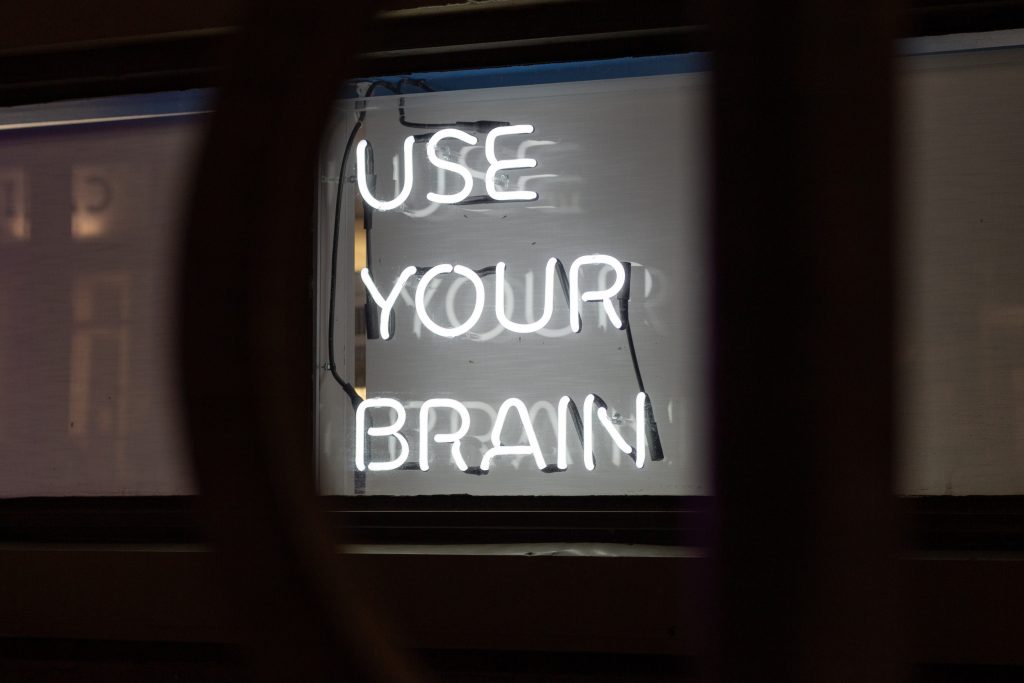What other stuff are you doing, right now, while reading this article? If you’re like most people, your restless, roving mind is switching back and forth with several other activities. For example, you could be keeping an eye on the time, registering that an email has come in, noticing a passerby or — if you’re really lucky — saying thank you for a newly arrived cup of tea. Amazingly, you could probably do all of these within a few seconds and still keep track of this sentence.
We do this attentional switching all day long, ping-ponging back and forth between all the stimuli competing for our attention. It’s an ability that’s crucial to many aspects of daily life, including functioning within a business environment. And it’s all thanks to short-term memory.
Most people’s conception of short-term memory (STM) is that it’s a type of temporary storage, like a mental in-tray. But that’s really selling this remarkable system short. Since the early 1970s, psychologists have known that STM is an active, dynamic system. It works like your personal project manager, allocating resources and keeping track of which sub-system is doing what. If you prefer an IT analogy, STM is like your computer’s CPU and RAM combined. It’s our STM that allows us to multi-task, plan, solve problems, and much more.
The STM and the office
The evolution of the STM is shrouded in mystery, but one thing is for certain: it wasn’t ‘designed’ to meet the demands of modern office life. Many business leaders and managers, for example, are constantly juggling phone or video calls, emails, instant messages, face-to-face conversations, spreadsheets, website text and so on — a never-ending barrage of information, all of which requires their attention and/or responses. In the world of work, the STM is constantly doing overtime.
Not surprisingly, there are times when the STM can’t cope with everything being thrown at it. We’ve all experienced what that feels like subjectively: like we’re frantically baling out a sinking boat; like we’re drowning in all this stuff. In the long-term, this STM overload is not only stressful for the individuals concerned, but potentially damaging for the organisation: as we’ve argued before, there’s a straightforward connection between cognitive function and business competitiveness.
So the million-dollar question is this: how we can match the STM’s capacity with the demands of modern business.
Your STM and wellness
At first glance, there doesn’t seem much hope of reconciling the STM’s limitations with business necessities. We can’t change our evolutionary history. We can’t dismantle the information age and demand a return to a less exhausting pace. Even supposedly cognition-enhancing ‘study drugs’ like Adderall actually don’t do very much (and come with a laundry list of side effects).
However, it turns out that there is a reliable way of optimising STM function. Better still, it comes with all sorts of other benefits. There’s now a solid, and growing, body of evidence which connects STM function with various aspects of wellness and overall health. These include aerobic fitness, sleep status, anxiety, and diet.
At ART Health, our own data has shown robust connections between wellness indicators and STM performance. To take just two examples, when employees in one intervention increased their average sleep to over 7 ½ hours per night, their performance on cognitive tests improved by 12%.
We’ve also seen how environmental changes can impact STM, with changes to a cool-light setting associated with 5% cognitive improvements.
There’s every reason to suppose that such significant increases would allow better decision-making, planning, communication, and all the other functions associated with healthy STM function.
We’re not saying that improved wellness will see us all functioning like peak Bill Gates. But given how much the STM underpins our business lives, supporting this cognitive powerhouse with appropriate, targeted wellness interventions will repay our teams and our organisations generously.
ART Health Solutions is a wellbeing consultancy, providing effective, science-based wellbeing recommendations. Our bespoke solutions are generated by gathering data directly from the organisation and its employees. Having proven our methods working with large, multinational corporations, we’re excited to bring our expertise to small and medium-size UK businesses.
To learn how we can benefit your company, please contact our friendly team.

